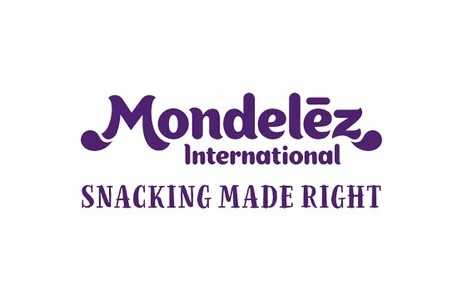CHICAGO, U.S. — Mondelēz International, Inc. has announced its support for global efforts designed to increase recycling rates for plastic waste, including flexible films, and called for greater collaboration across the industry to develop and implement effective Extended Producer Responsibility (EPR) programs to help realize a more circular economy. Similarly, the company is a signatory of the Business Call for a UN Treaty on plastic pollution, which calls on governments to adopt a more harmonized approach to policymaking, to increase infrastructure investments and to coordinate infrastructure development to address plastic waste.
“We need concerted and collaborative action to advance recycling systems that cater to flexible films, so that more of the light-weight, multi-layer plastics that are used in the confectionery and snacking industries can be economically and practically collected, reprocessed, and ultimately reused, instead of ending up in the environment,” said Rob Hargrove, Executive Vice President of Research, Development & Quality for Mondelēz International.
“Plastic films help keep food safe and decrease food waste, but we need to significantly improve their recycle rates. Alongside the significant financial contributions that we will make through voluntary and mandatory programs, we are advancing public and private partnerships and recycling programs to build better infrastructure so that these materials are not only designed to be recycled, but actually get recycled,” he added.
Mondelēz International is already supporting initiatives in markets that promote the circular economy and closed-loop recycling systems, when those programs take account of flexible films. With engagements in approximately 15 locations, including Germany, France, Italy, Spain, Poland, the UK, Brazil, Colombia, India, the US and Australia, Mondelēz International’s EPR contributions cover markets that account for around 40% of its global revenue base.
In addition, the company is an active member of the U.S. Plastics Pact, the UK Plastics Pact and a signatory to the Ellen MacArthur Foundation’s New Plastics Economy Global Commitment. Mondelēz International has also contributed to the European Brands Association’s (AIM) digital watermarking program, Holy Grail 2.0, and is one of several companies working with The Consumer Goods Forum on plastic waste.
“Tackling the challenge of plastics recyclability will require unprecedented collaboration across industries, sectors and geographies, as well as between public and private organizations,” said Russell Dyer, Chief of Communications and Government Affairs at Mondelēz International. “A coordinated international response is needed, that aligns businesses and governments behind not only a shared understanding of the causes of plastic pollution but also the most effective processes and harmonized policies needed to address it.”
The company has already made significant progress on its packaging recyclability targets, removing 65,000 tons of packaging from its portfolio between 2013 and 2020 and is on track to achieve its 2025 goal for 100% of packaging designed to be recycled with ~94% of all packaging already designed to be recycled. All of the paper and carton board, and some of the rigid plastics and flexible plastic films, used by Mondelēz International is already designed to be recycled. In addition, all fiber packaging used to store, ship and display its products around the world is sourced from sustainable sources, whether that be recycled or certified deforestation free.
In a demonstration of its commitment to the circular economy, Mondelēz International also became the first company in the category to commit to using recycled plastic content in the tubs for its Philadelphia cream cheese range, as well as in the packaging for its UK Dairylea brand. The shift in UK and European packaging for Philadelphia will occur in 2022 and forms part of the company’s move to decrease the use of virgin plastics across its packaging footprint and to encourage the adoption and use of food-grade recycled content in consumer product packaging.









 CAPS: the new proprietary system using capsules made of 85% recycled aluminium
CAPS: the new proprietary system using capsules made of 85% recycled aluminium







